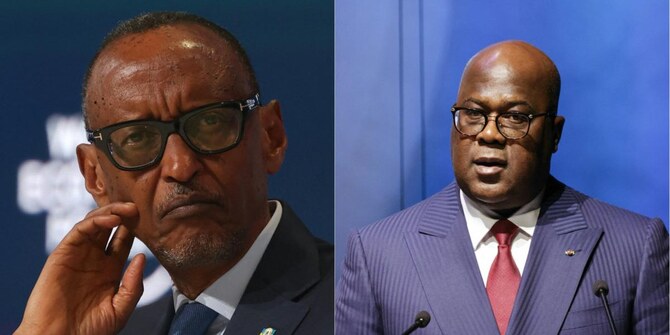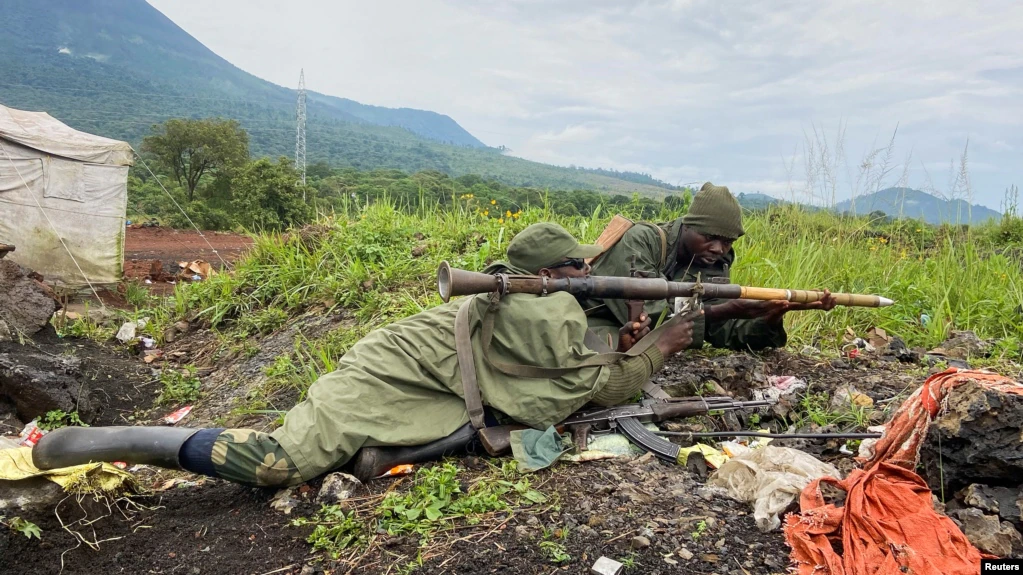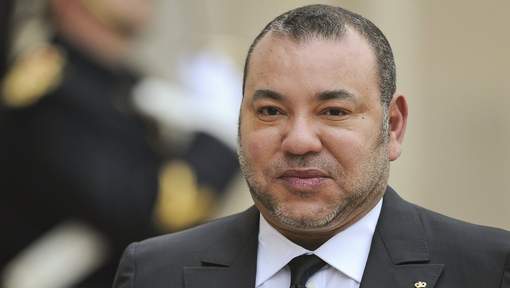Leaders from Congo and Rwanda canceled a much-anticipated meeting in Angola intended to ease the crisis caused by the M23 rebel insurgency. Observers had hoped these face-to-face talks would produce a breakthrough. Instead, the latest setback suggests that efforts to quell the nearly three-year conflict in eastern Congo continue to falter, leaving more than 1.9 million people displaced and fear of a broader regional conflict looming.
Congo’s presidency announced that the meeting did not take place because Rwanda demanded direct negotiations with M23 rebels. Congo refused this condition, believing that discussing terms directly with the insurgents would legitimize their actions. Rwanda’s foreign ministry confirmed that it saw no basis for signing any agreement without such engagement.
This cancellation marks a frustrating turn in a conflict that evokes memories of past wars that cost millions of lives in the Great Lakes region between 1996 and 2003. Leaders in the region had hoped this encounter might foster stability and discourage further bloodshed.
Congo accuses Rwanda of supporting M23 with troops and weapons, while Rwanda denies these accusations and insists it only took steps to defend itself. Analysts say the international community must exert greater pressure on both parties. Without it, they fear the violence will intensify and undercut any chance of long-term peace.
With the talks in Angola canceled and both sides entrenched in their positions, the region risks sliding deeper into conflict. Many believe only stronger diplomatic efforts and firm international backing can pave the way for genuine negotiations.


